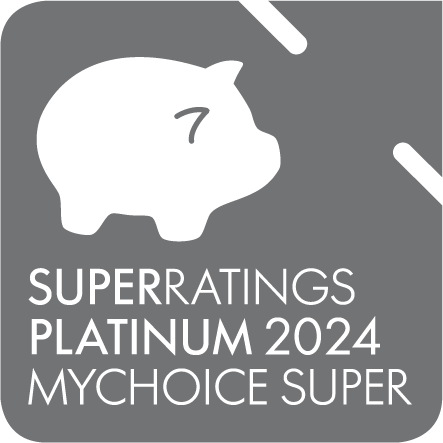Self-managed super fund strategies: what you need to know
Some Australians prefer a self-managed super fund because of its flexibility – they get to save for retirement on their terms.
While this is true, an SMSF also requires time, effort, and a significant commitment to do it properly because, with an SMSF, you are fully responsible for its success.
There are also legal requirements to take into consideration when running an SMSF. You will need to:
- Prepare and implement an investment strategy for your SMSF.
- Review that strategy regularly.
Managing an SMSF can be a good option for those confident with finances and ready to take on the responsibility. However, it can feel like a lot to manage for many people.
That’s why, for most, an industry or retail super fund is usually a much easier and more practical choice. You get peace of mind knowing your retirement savings are in good hands without having to handle all the details yourself.

















